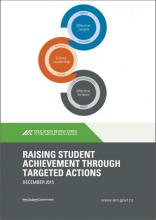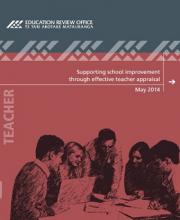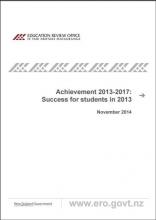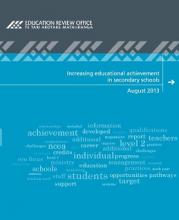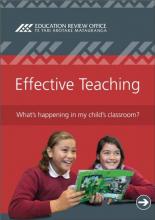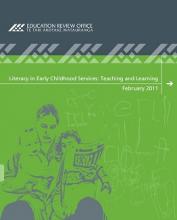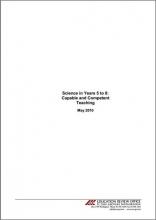Extending their language - expanding their world: Children’s oral language (birth-8 years)
Research evidence shows early in a child’s life is a critical time in terms of the rapid language development that takes place, particularly in the first two to three years.
This evaluation investigated how effectively young children’s oral language learning and development were supported in their early years of education.


